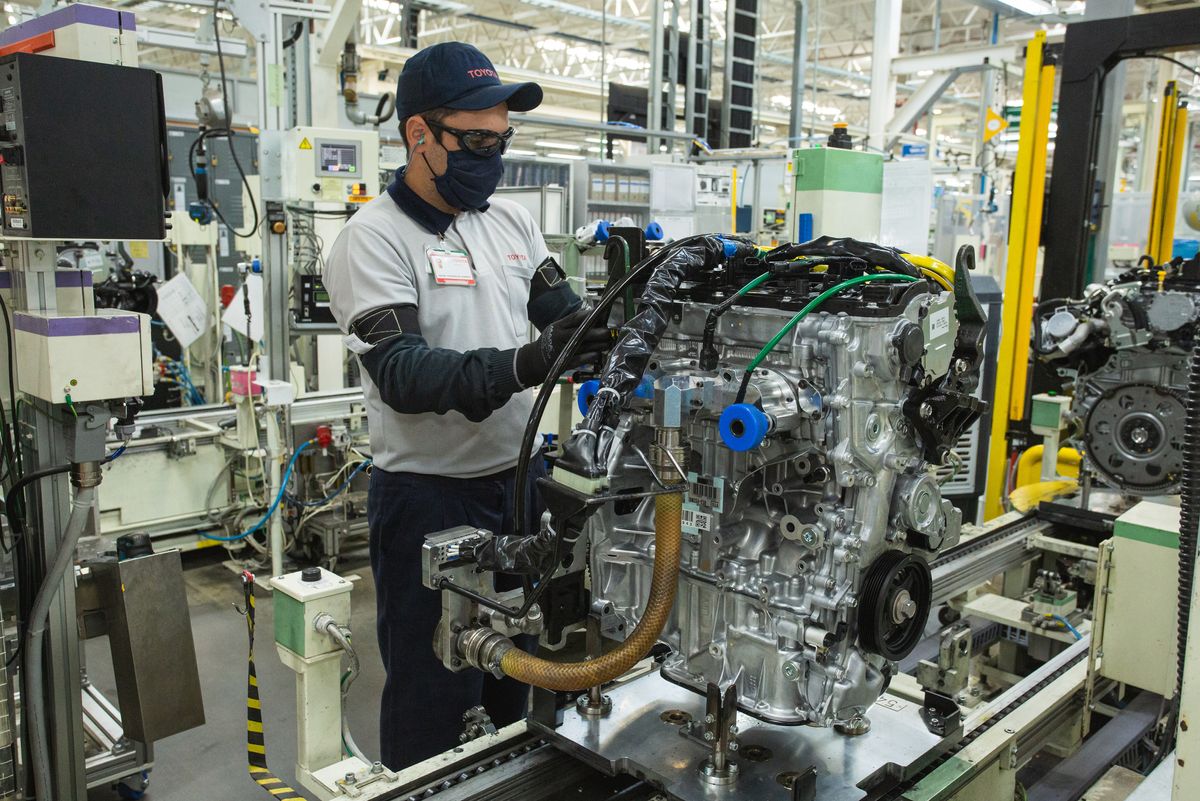Stellantis' CEO thinks it doesn't make sense to create more stringent emission regulations while the industry invests in electrification


By Redação AutoIndústria| 2/23/23 | Translated by Jorge Meditsch
More rigid pollutant emission limits for light vehicles established by Euro 7 rules, scheduled to come into force in Europe by July 1, 2025, don’t make sense. So thinks Carlos Tavares, Stellantis’ CEO.
According to the executive talk with the specialized press on Wednesday, 2/22, tightening the pollutant control legislation would divert resources from electrification projects exactly when the automotive industry strives to produce more affordable electric cars.
“It’s inutile. It’s expansive, does not benefit customers, has no environmental benefit”, resumed Tavares for the Automotive News agency. “The rules on internal combustion engine emissions simply do not make sense.”
It is not the first time the executive questions Euro 7 standards since the European Commission established them in November 2022. For him, it will be a loss of money and time, as adequate the vehicles will demand a high investment for a horizon when the European Union intends to ban fossil fuel-driven cars by 2035.
According to the norm, the manufacturers should reduce by 35% the emission of nitrogen dioxide and by 13% particle emissions.
Nonetheless, Stellantis’ chief praises the reduction by 27% of brake-originated particles and tire microplastics, novelties proposed among Euro 7 new rules.
Vendas do Transit e versões de trabalho da Ranger cresceram 50% na região no primeiro…
Sinmgra informa que medida tem duração de 2 meses e 8 dias, atingindo pelo menos…
Pontos da marca sueca cobrem as cinco regiões do Brasil
Cerimônia será na terça-feira, 22, as 11h, no São Paulo Expo
Ministro não especificou data, mas acenou com a possibilidade de acontecer em breve ao citar…
Exposição acontecerá de 22 a 30 de novembro. Já estão confirmadas 16 marcas.